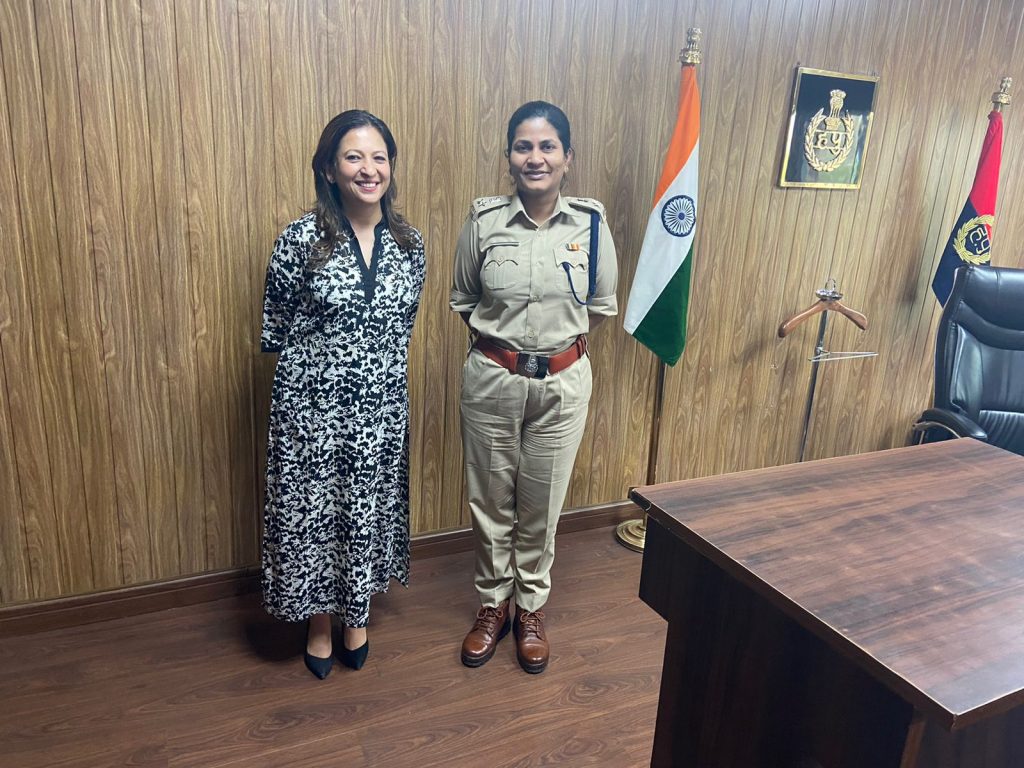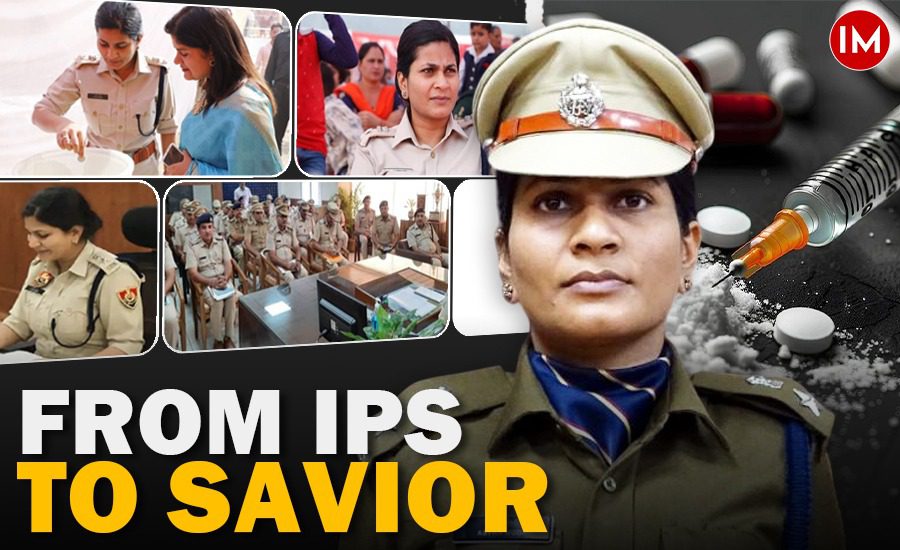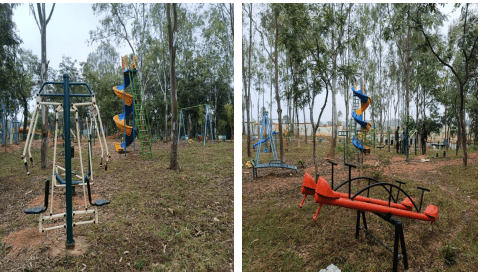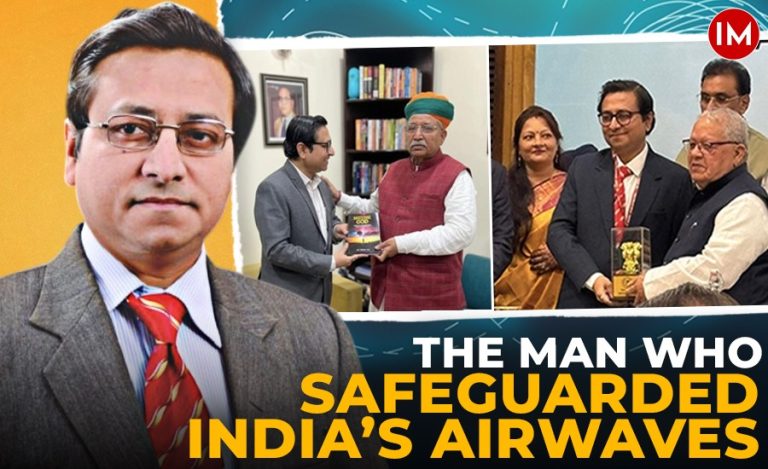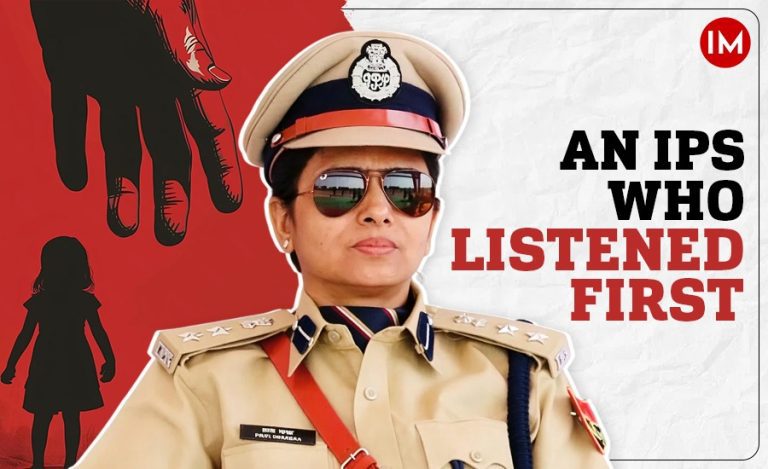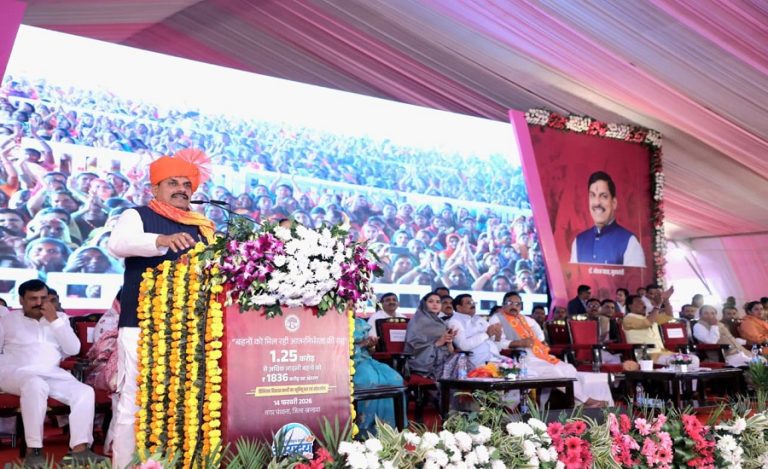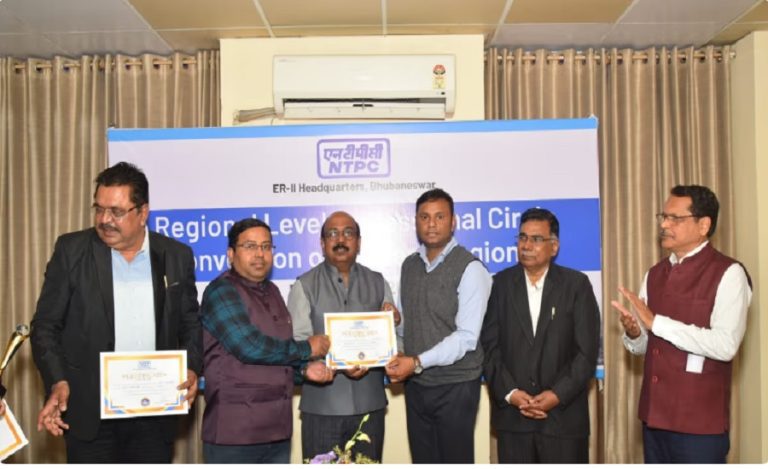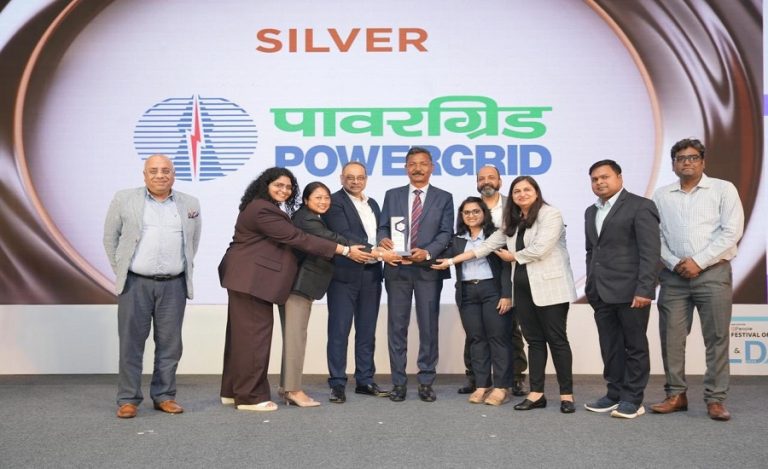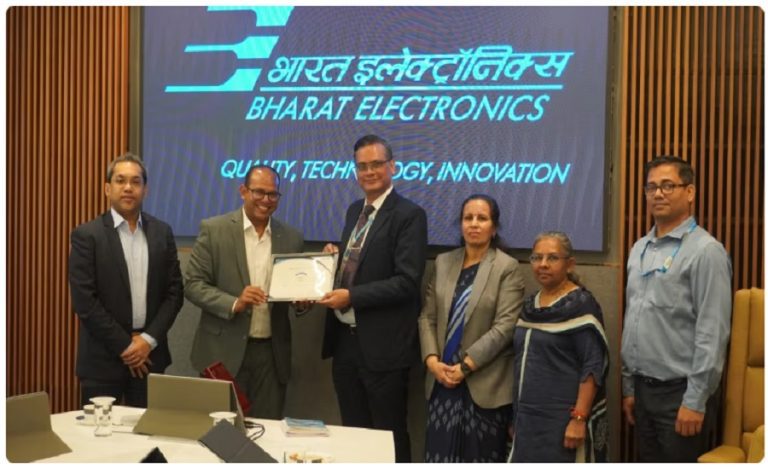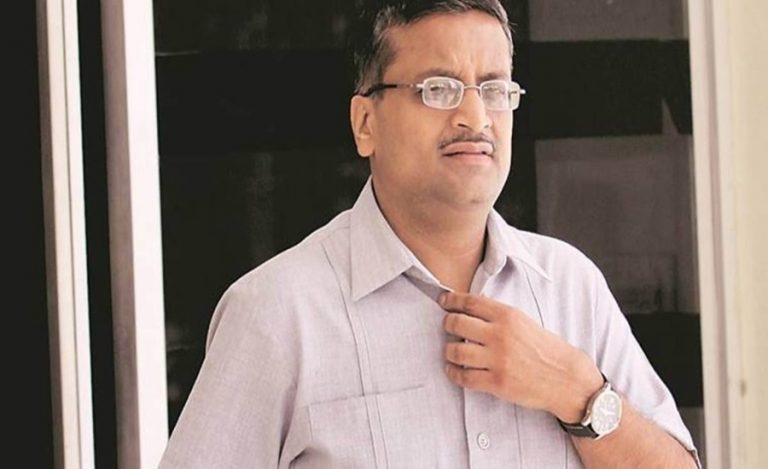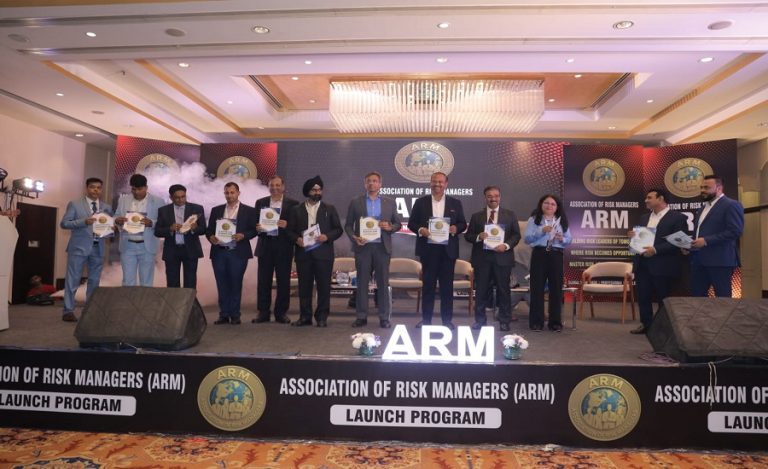In the heart of Haryana, a determined and visionary officer is spearheading a bold, multifaceted battle against one of society’s most corrosive threats – drug abuse. IPS Astha Modi, a 2013-batch officer of the Haryana cadre, currently serving as the Superintendent of Police (SP) in Kaithal, is not only enforcing the law – she is reshaping the district’s future.
Her approach under the Drug-Free Haryana Mission isn’t limited to arrests; it’s about breaking the backbone of drug networks, treating addiction as a public health issue, and empowering communities for long-term resilience.
Indian Masterminds interacted with IPS Modi to learn more about her initiative and its impact.
“It’s not just about arrests, it’s about dismantling the drug network from the top down, treating addiction, empowering communities to take ownership and building long term resilience against narcotics abuse,” says IPS Modi.
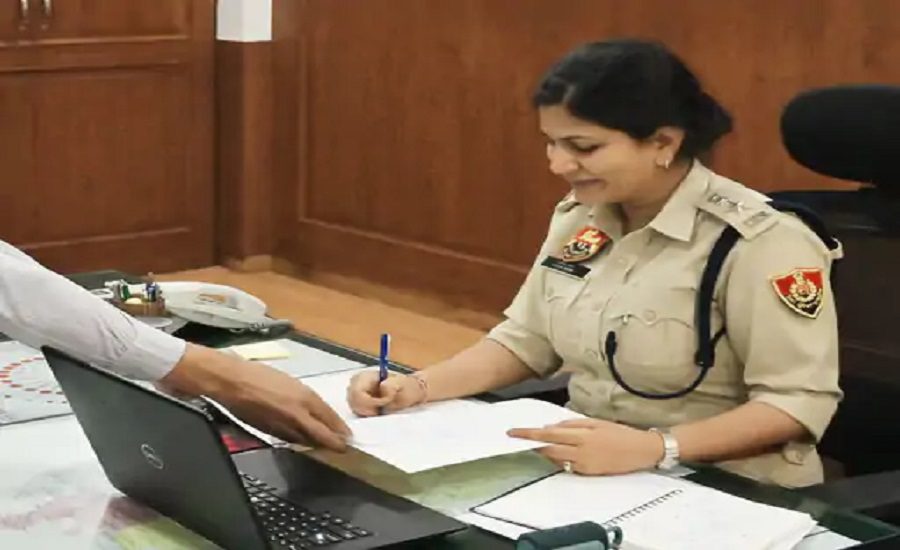
FROM ENGINEERING TO IPS: A JOURNEY OF PURPOSE AND PASSION
She belongs to Jind, Haryana, and is a second-generation cop. Her father retired as the Director General of the National Investigation Agency (DG, NIA). Due to his work, she had to travel frequently and studied in different schools. She completed her engineering from BITS Pilani and went on to earn an MBA from IIM Ahmedabad. Although she had the option to work in the private sector, she didn’t want to stay in a tech job. She even did her internship in the government sector, as her heart was set on joining the police force.
In 2012, she cracked the UPSC Civil Services Examination with an excellent rank and joined the Indian Police Service (IPS).
THE STRATEGY: A FIVE-PILLAR APPROACH TO LASTING IMPACT
Targeted Enforcement: Going Beyond the Surface
At the core of SP Modi’s mission is strong and intelligent enforcement. Rather than focusing solely on small-time users, her team is actively tracking commercial drug networks – intercepting large consignments and dismantling supply chains.
She shares an example – “In Fatehabad, we intercepted heroin of Afghan origin, tracked hawala transfers from Kerala, and arrested those involved.”
By following the money trail, her department has been able to reach the masterminds behind drug smuggling operations, sending a clear message that the law will strike at the roots, not just the leaves.
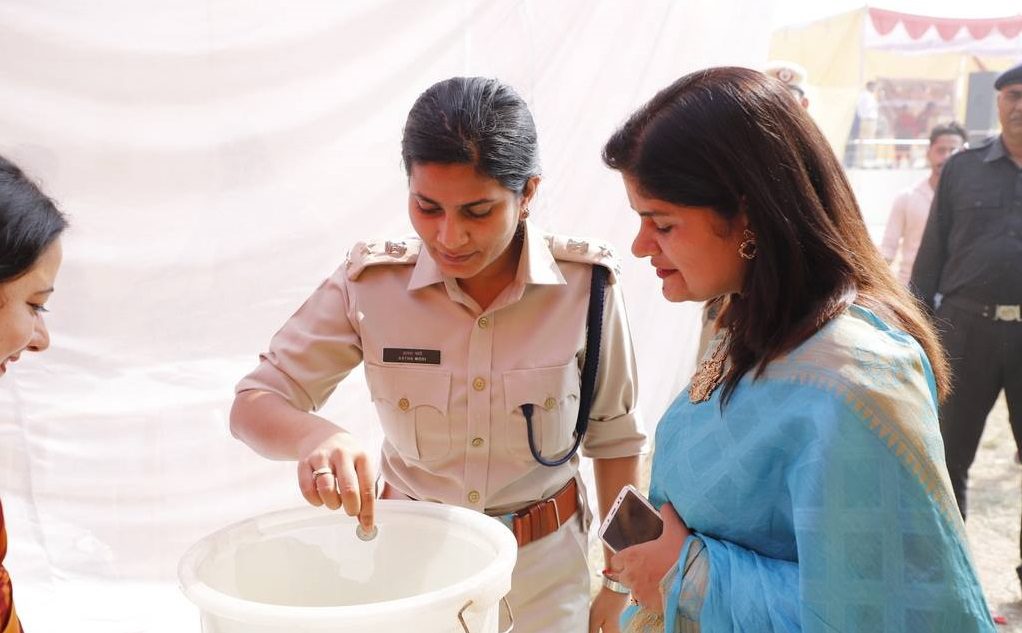
Legal Precision: Using Laws with Responsibility
Another cornerstone of her approach is the smart use of legal provisions. From preventive detention to strict bail monitoring for repeat offenders, IPS Modi is using the law not just as a weapon, but as a tool for systemic deterrence.
“It has to be done responsibly and sends a strong message. When we see a clear pattern, we act,” she affirms.
This use of legal authority ensures that habitual offenders are kept from slipping through the cracks.
Rehabilitation and Medical Outreach: Healing with Empathy
Recognizing that addiction is a disease, not a crime, IPS Modi has spearheaded a series of medical camps – four in just over two months. These week-long camps bring together doctors, psychiatrists, and psychologists to offer free counseling, medication, and long-term support in the worst-affected areas.
“This not only helps with treatment – it builds trust, gives us leads on local peddlers, and creates a database of affected individuals we can follow up with,” she notes.
Former addicts are also being empowered as brand ambassadors of recovery, motivating others to seek help and reinforcing the cycle of community healing.
Changing Social Mindsets: Fighting Stigma Head-On
For IPS Modi, defeating drugs isn’t just about external action – it’s about changing hearts and minds. She and her team have taken a public stance to reframe addiction as a treatable illness, not a moral failure.
“We tell them addiction is a disease – just like cancer or diabetes – and it needs treatment, not secrecy.”
By encouraging families to speak out, seek help, and support each other, the social stigma is slowly being eroded.
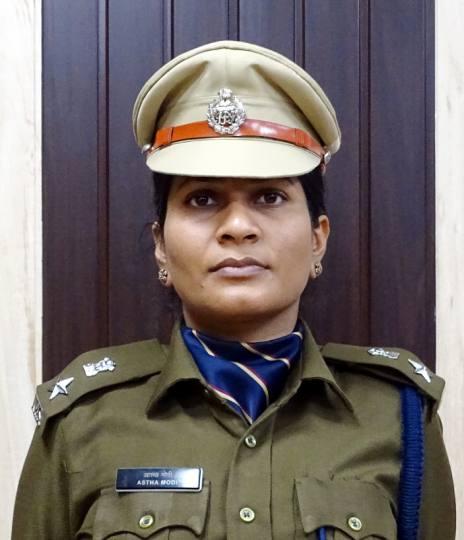
Community Engagement and Ground Intelligence
Community participation is a cornerstone of her drug-fighting model. In Kaithal, two dedicated teams are conducting door-to-door surveys, talking to families, local leaders, and sarpanches to map users and trace suppliers.
“These leads often result in targeted raids and build public confidence that the police are active and responsive,” she explains.
In parallel, local chemists are being sensitized to stop stocking commonly misused prescription drugs, with many village pharmacies taking a formal pledge not to sell such items.
BUILDING A NEW CULTURE OF ACCOUNTABILITY
Drug-related deaths are no longer brushed aside. Under SP Modi’s leadership, every such case is subjected to rigorous investigation, helping unearth supply routes and highlight systemic failures. Her insistence on accountability at every level is slowly changing how society and institutions respond to the drug menace.
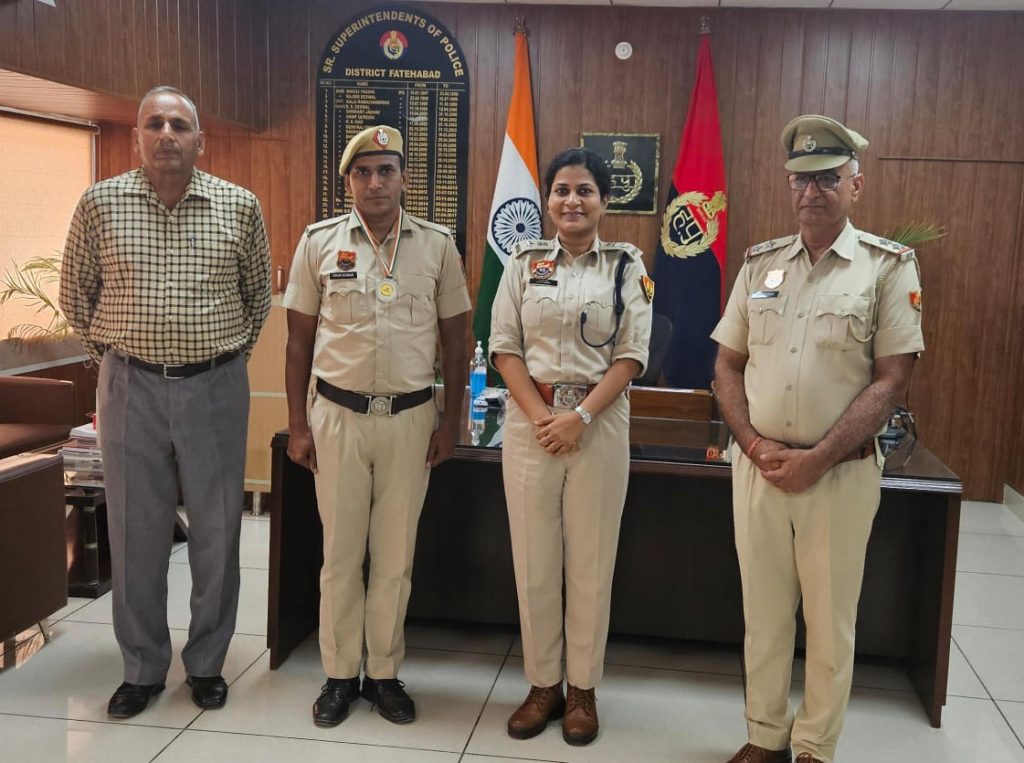
SPREADING THE MESSAGE CREATIVELY
Understanding the power of culture and communication, IPS Modi is supporting creative awareness initiatives like a musical play on drug abuse, aimed at spreading the message to the masses in a relatable and impactful way.
A BLUEPRINT FOR A DRUG-FREE FUTURE
Ms Modi’s leadership offers a powerful reminder that meaningful change comes from visionary leadership, grassroots engagement, and sustained action. Her balanced model – mixing enforcement with empathy, legal strength with social healing – is building a strong foundation for a drug-free Kaithal.
As communities begin to take ownership and recovery stories multiply, her mission stands as a blueprint for systemic change in districts facing similar challenges.
In Astha Modi’s words – “Getting one person clean is like stopping multiple commercial quantity cases, because the amount of drugs one addict consumes in a year is substantial.”
Through courage, compassion, and clarity, IPS Astha Modi is not just policing a district – she is transforming it.
